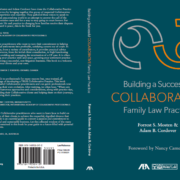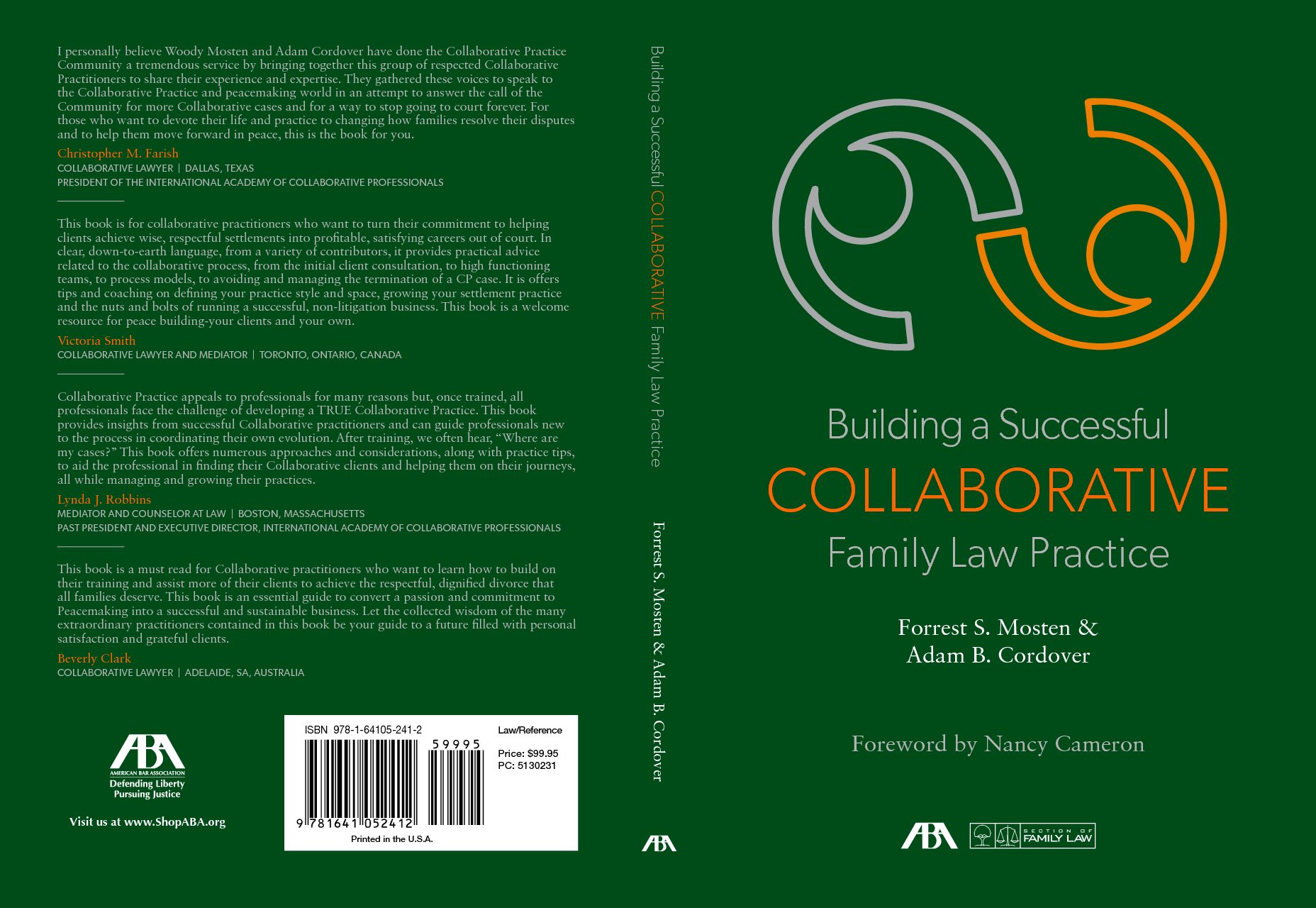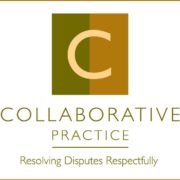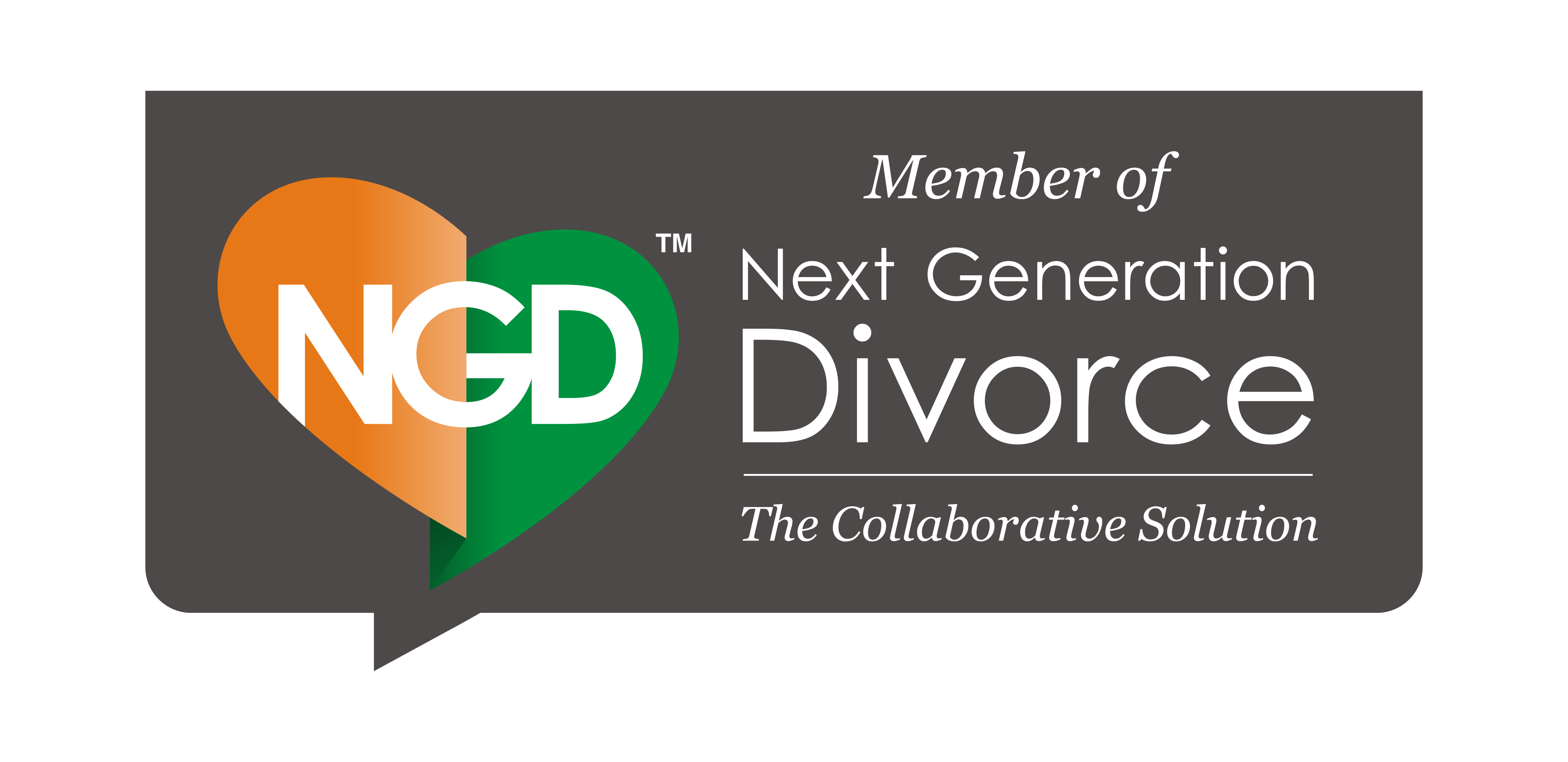You have wisely chosen to engage in the collaborative process rather than a more traditional, adversarial process. You—and your spouse—are to be congratulated for choosing a more peaceful path.
One of the cornerstones of the collaborative approach is the use of team meetings. These are the working meetings that include you, your spouse, both attorneys, and any neutral professionals that you have engaged. These meetings are very different from traditional settlement conferences. This handout is designed to help you prepare for your collaborative team meetings.
Laying the Foundation
Collaborative practice is a structured process. We follow a roadmap that has helped thousands of families to resolve their disputes. It can be summed up as the “4 D’s of Resolution:”
- Decide to Enter the Collaborative Process
- Disclose All Relevant Information
- Develop Options that Meet Interests
- Determine the Best Options for Your Family
Many people decide to enter the collaborative process, but then want to skip right past disclosure and option development. They mistakenly believe that jumping immediately into proposal/counterproposal will save time and money. However, in our experience, skipping the intermediate steps actually ends up costing more time and money because perspectives get entrenched, emotions spike, and the whole process gets derailed. Further, either or both spouses may not yet know what is in the marital pot. As a result, they may leave assets on the table or fail to address an asset or debt. In either case, that may cause a dispute down the line.
Read more →









 In the video below, California attorney
In the video below, California attorney 

